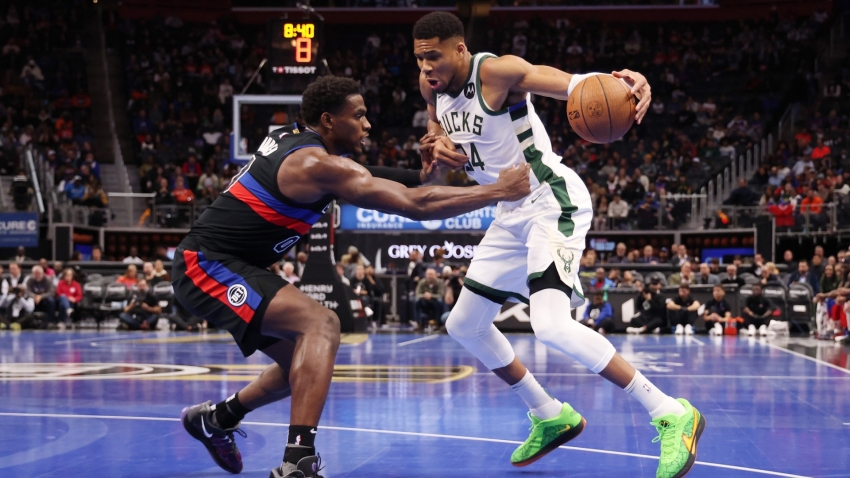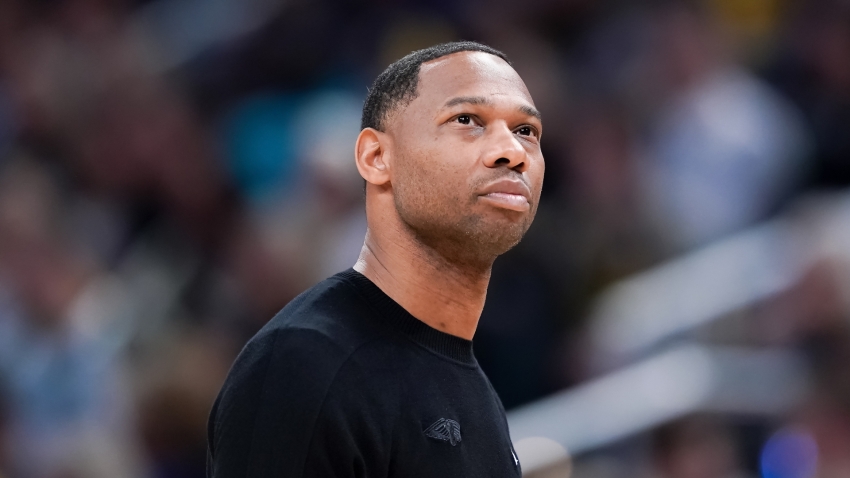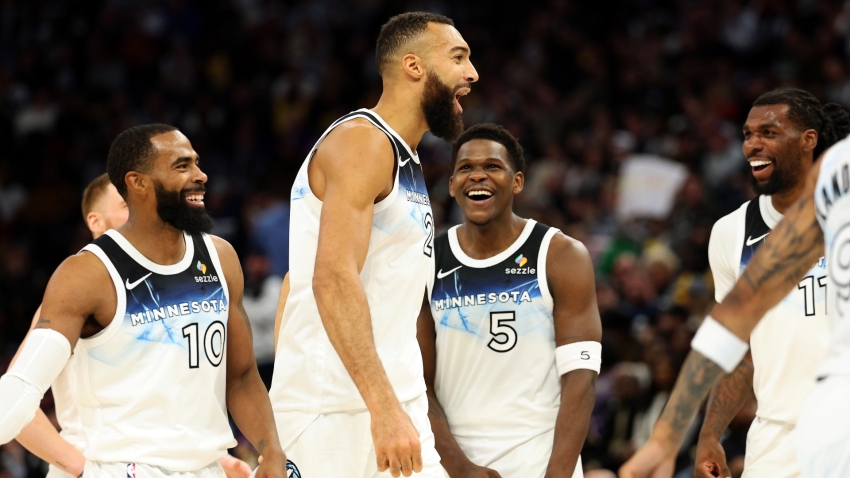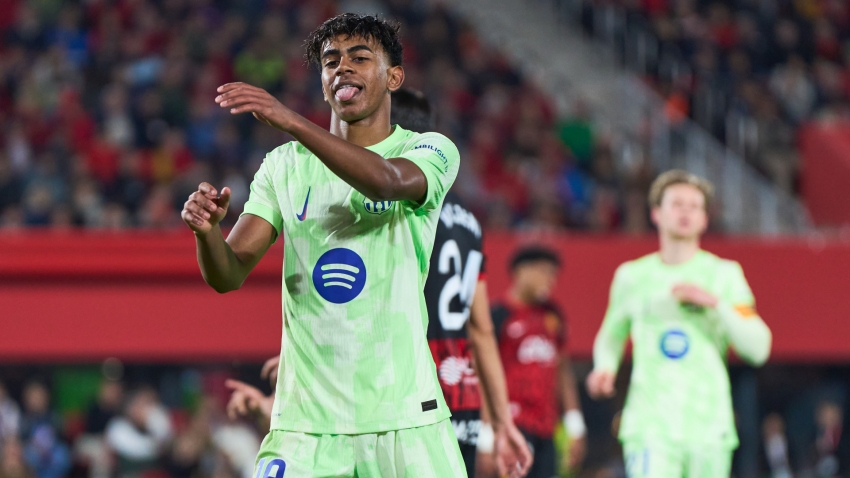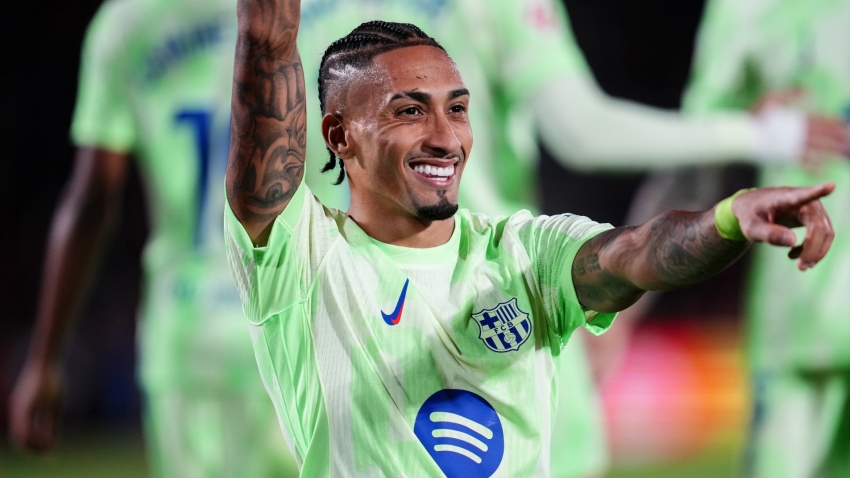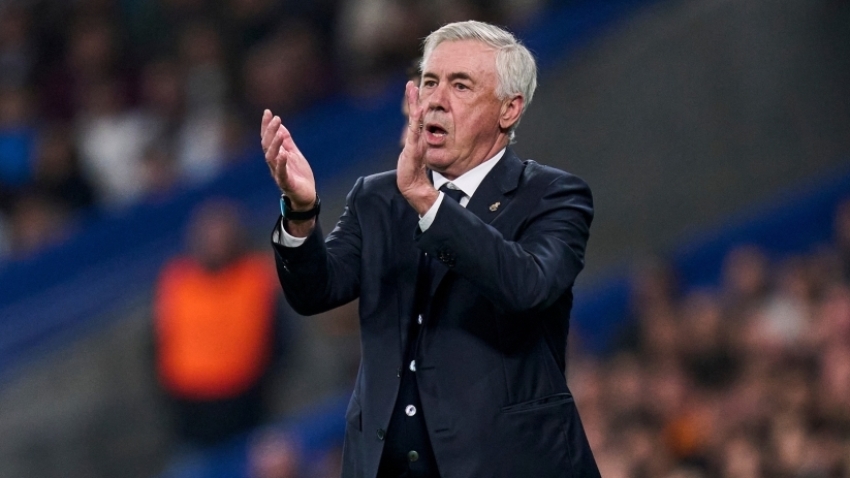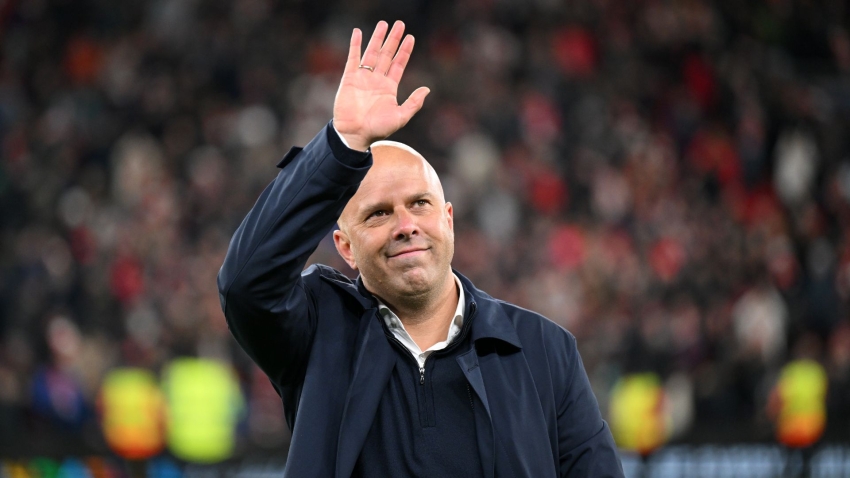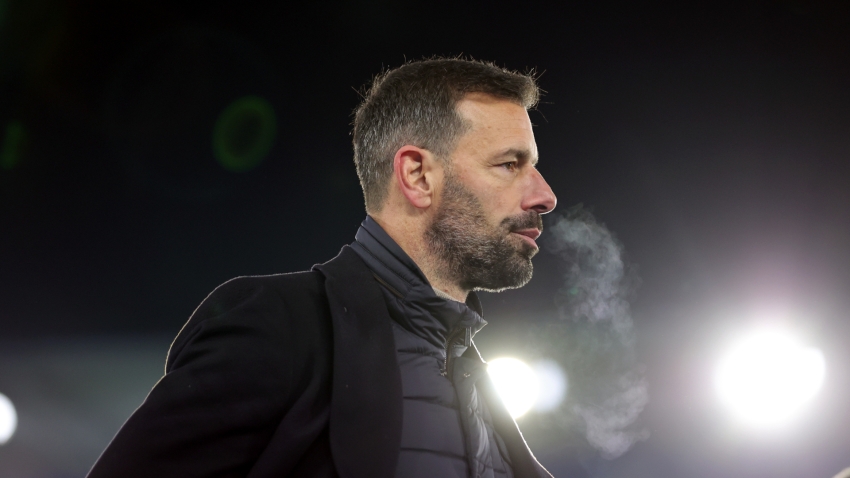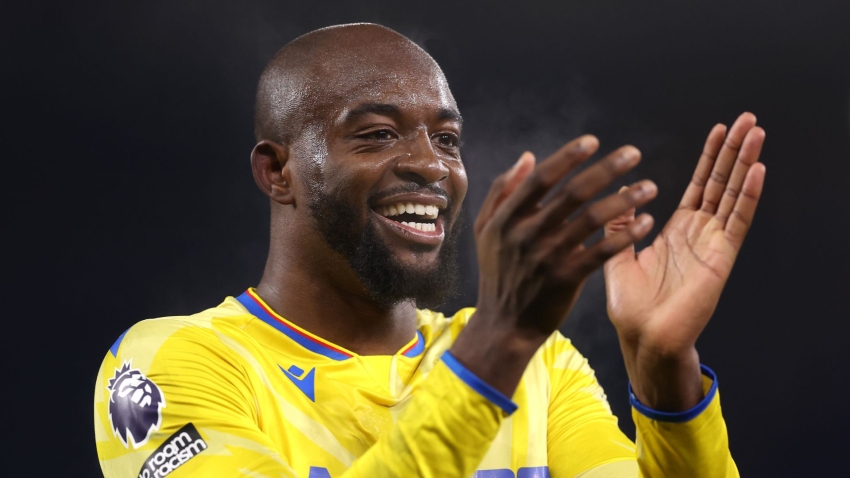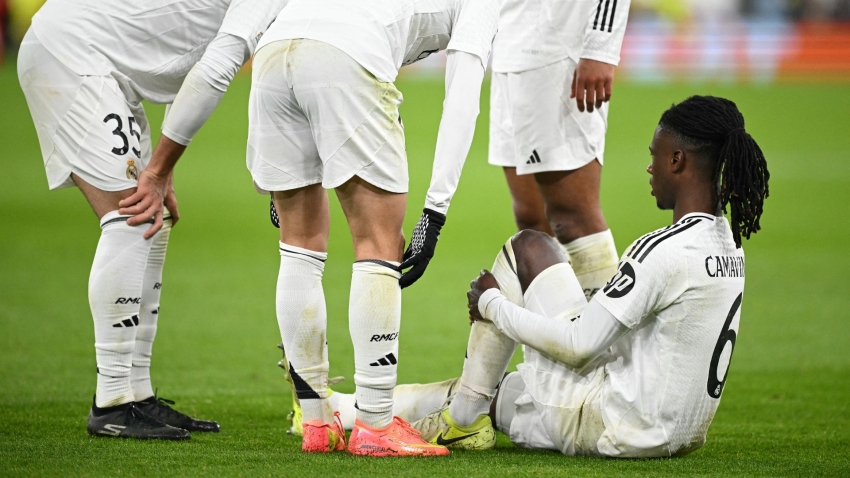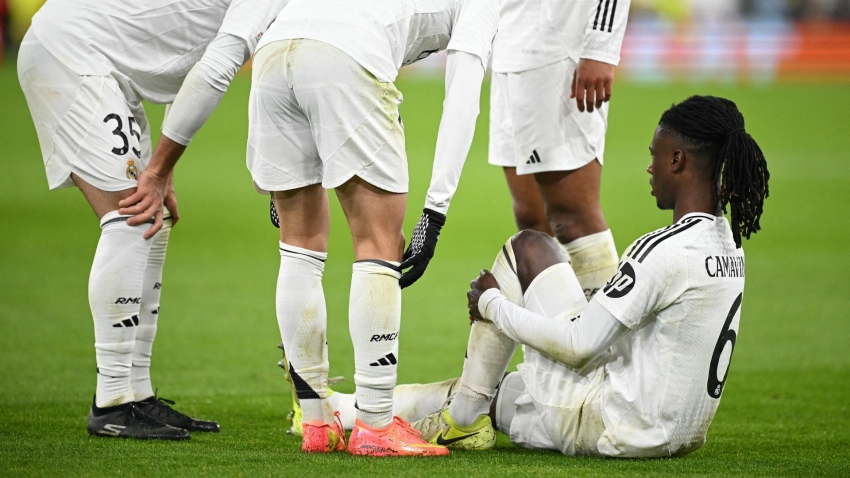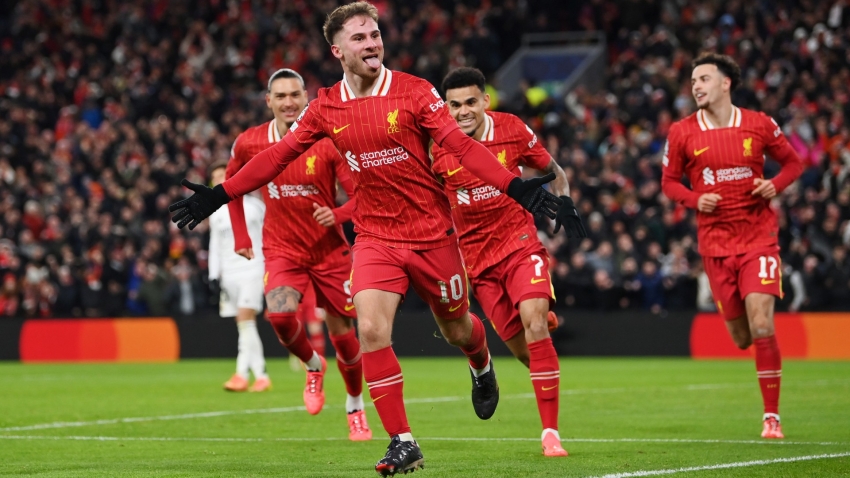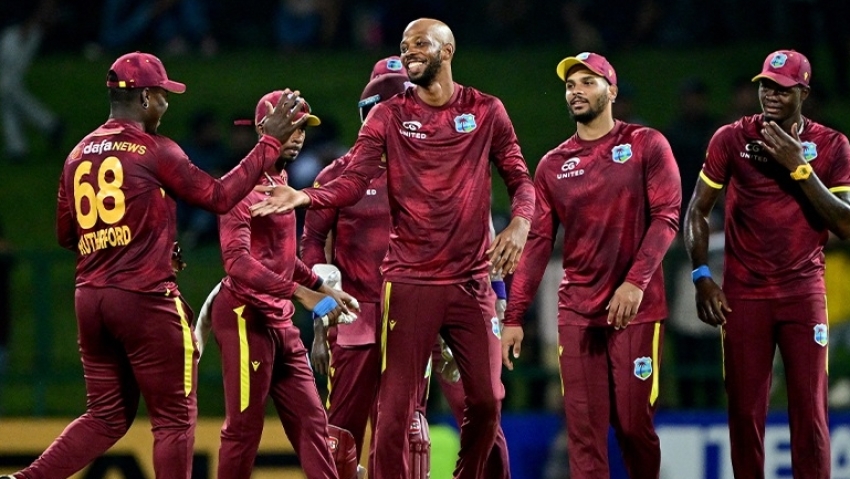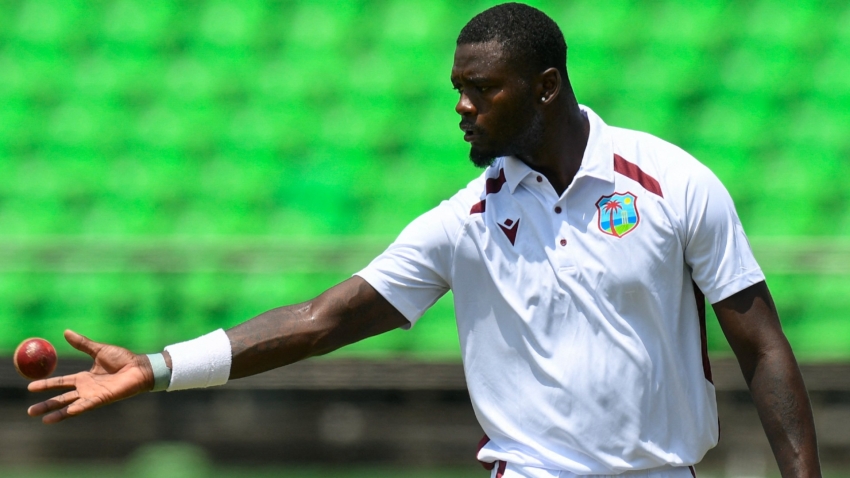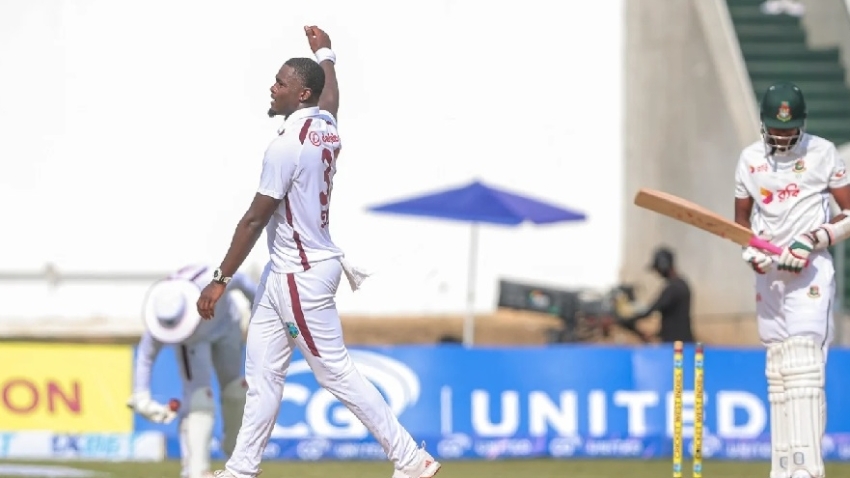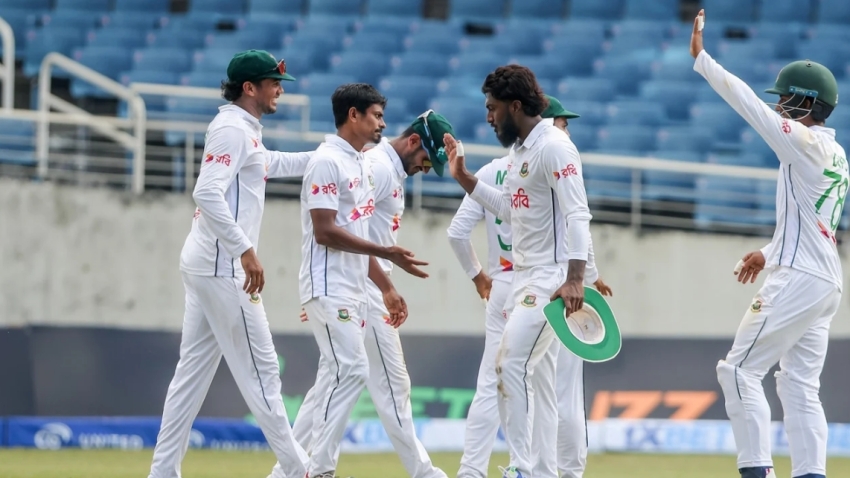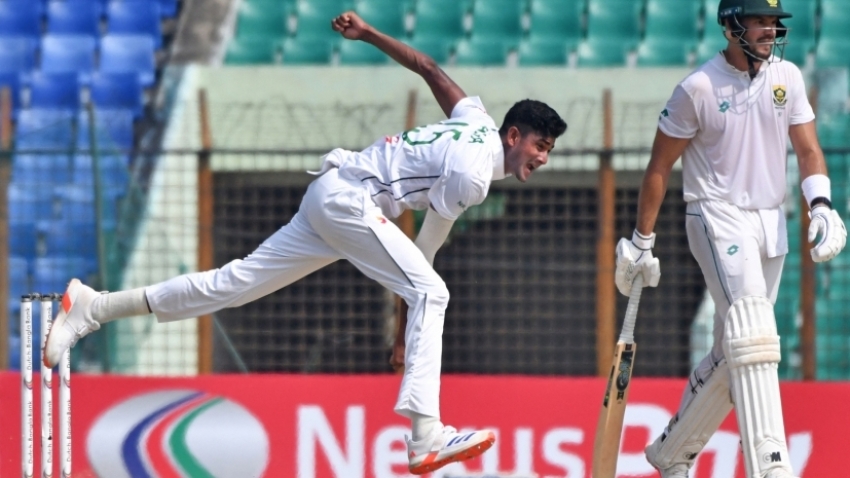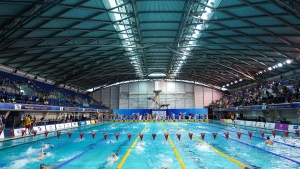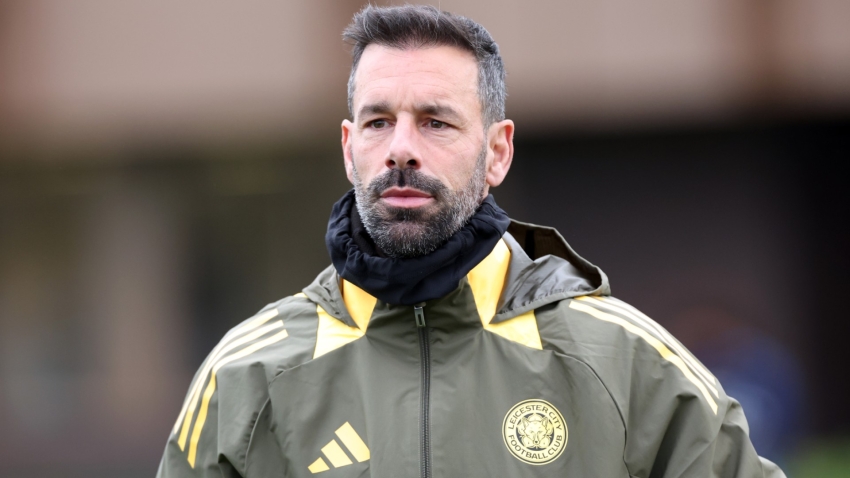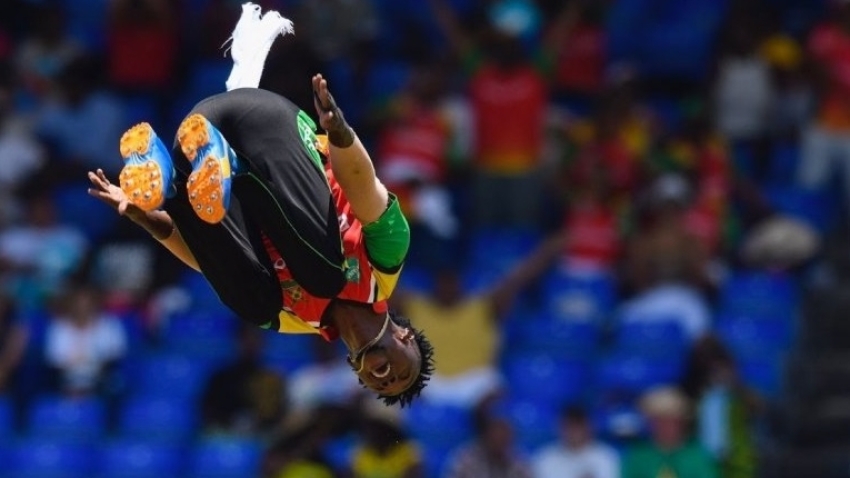One of the UK’s fastest deaf swimmers has spent more than 1,000 days campaigning against “discriminatory” policies that deny him funding.
Nathan Young, a holder of seven national records, is not entitled to any Government or National Lottery money to support his ambitions.
The reason is that UK Sport, the agency which allocates funding on behalf of those entities, is focused solely on Olympic and Paralympic sports.
As deafness on its own is not a discipline in the Paralympics, Wirral-based Young, 24, falls outside its criteria.
He is eligible to compete in the Deaflympics – the multi-sport event for deaf athletes sanctioned by the International Olympic Committee – but Great Britain does not financially back its entrants, unlike some other countries.
The only central funding available for solely deaf athletes is at grassroots level, with nothing for elite competitors such as Young.
That has left him needing to work and fundraise alongside his training to ensure he is able to meet the huge outlay needed to compete on the global stage.
For most of the last three years, he has also spent a large amount of his time running a campaign to get the parameters for funding changed, believing the current rules to be unfair.
“At the end of the day it’s discrimination,” said Young, whose campaign passed the 1,000-day mark in February.
“It’s completely isolating a whole disability. If I was a Paralympic swimmer, I would have been getting paid since I was 16 or 17. It could have been a career that I could have had.
“Right now, I train, I go to the gym but all the other things I should be getting as what you would class as an elite athlete, I don’t get any of it.
“Others have the best treatment available to them to keep them going mentally, physically and in every aspect. I should be getting physio, doing strength and conditioning but I get none of that.
“When I’m training right now, I’m thinking I should be working. It’s not what I should be thinking about.”
Young’s campaigning has involved giving numerous speeches and interviews as well as writing many letters and articles. He has also contacted MPs and, as part of a wider campaign with UK Deaf Sport, has even visited Parliament.
With UK Sport funding for recent Olympic/Paralympic cycles being around £300million, it is a source of frustration for Young that not even a relatively small amount can be found for Deaflympians.
“What we’re asking for is so little,” said Young, who might need to find around £3,000 to fund a trip to next year’s Deaflympics in Tokyo.
“UK Deaf Sport only asked for £4million for us (deaf athletes), which is so little when there’s £300-and-something million for Olympic and Paralympic sport.
“We’re getting the same responses. We keep pushing it and pushing it but it’s been over 1,000 days now and it’s been an exhausting journey.”
A UK Sport statement read: “UK Sport’s remit is specifically focused on investing in sports and athletes who are eligible to compete at the Olympic and Paralympic Games.
“The Deaflympics falls outside of Olympic and Paralympic sport. We are therefore unable to fund athletes targeting this event.”
A spokesperson for the Department for Digital, Culture, Media and Sport said: “This Government is dedicated to making sport in this country accessible and inclusive for everyone, including deaf people.
“Sport England has committed £1.2million between 2022 and 2027 to boost deaf sport at the grassroots level through widening participation and supporting the development pathway for talented athletes.”


